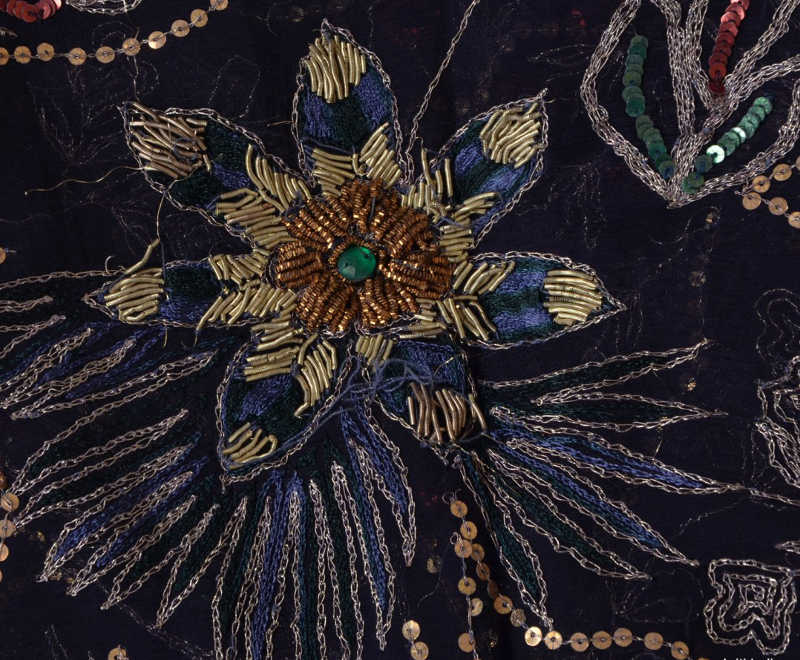===
0757,
1
===

=== |
 |
FWP:
A note on textual problems: What SRF discusses in SSA is a hybrid form of the ghazal, using what he considers the best readings from both the second-divan and fifth-divan versions, and including the final verse that is present in the fifth-divan version only. Thus for {757,4} he follows the fifth-divan text, for reasons he indicates above. But in the kulliyaat , which he helped to edit, he felt that he shouldn't tamper with the text since it wasn't corrupt or meaningless, so the original second-divan text of the fourth verse is preserved. A note on p. 454 of the kulliyaat explains the basics of what has been done, but not the details.